Regulation
Why SEC Is Unlikely To Probe Roaring Kitty As He Exploits Loophole
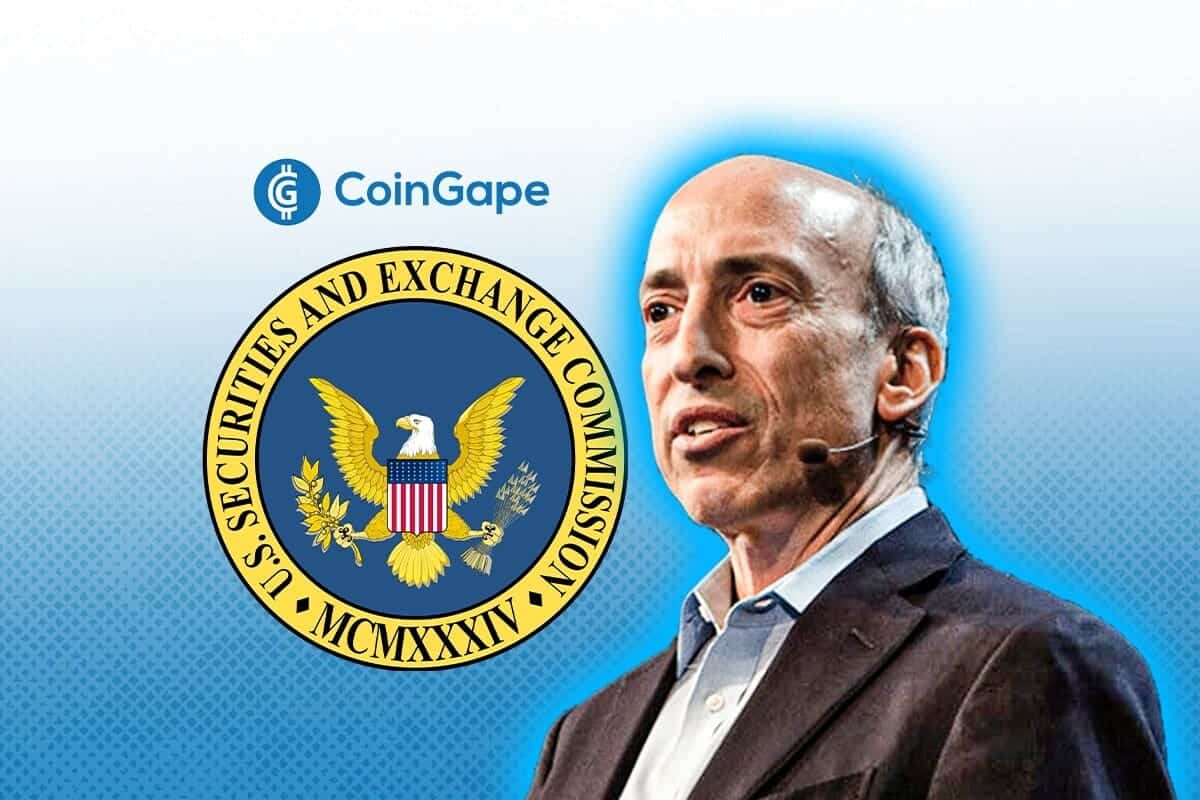
Keith Gill, better known by his online moniker “Roaring Kitty,” is back in the spotlight for his trading activities involving GameStop Corp. (GME). However, Gill is reportedly leveraging a loophole in market regulations, causing concern among market experts. Moreover, legal experts believe that the SEC can’t target Roaring Kitty due to the ‘gap in rules’.
Legal Experts On SEC Vs Roaring Kitty
Daniel Hawke, a partner at Arnold & Porter Kaye Scholer and former head of the SEC’s market abuse unit, commented on the matter. He said, “What he’s doing is exploiting a gap in the rules.” This statement underscores the intricacies of Roaring Kitty’s actions, which, while controversial, appear to exploit regulatory grey areas rather than outright breaking the law.
Gill’s influence over retail investors is substantial. He uses his online presence and celebrity status to draw attention to GameStop, encouraging a surge in trading activity. Yet, as Hawke noted, “The rules that exist do not permit the SEC to prosecute that conduct unless there is an element of deception.”
Unlike traditional pump-and-dump schemes, Gill does not explicitly endorse investing in GameStop or make unfounded claims about its financial health. Instead, his posts are often cryptic memes or updates on his trading position. This complicates the SEC’s ability to pursue a case against him.
Moreover, the ambiguity surrounding Roaring Kitty’s actions leaves a significant grey area in market regulation. Furthermore, some market observers accused Gill of market manipulation. On the contrary, others argue that his conduct is not significantly different from that of Wall Street fund managers who publicly discuss their holdings.
Steve Sosnick of Interactive Brokers remarked that Gill’s actions resemble those of an activist investor. This brings into question the fine line between market manipulation and advocacy. Whilst, American Economic Liberties Project’s Matt Stoller took a firmer stance. He stated, “This is obviously market manipulation.”
The flurry of opinions highlights the controversy and complexity of Gill’s situation. Now, the challenge for the SEC is to determine whether Roaring Kitty’s influence and trading activity amount to deception, a key element required for any potential prosecution.
Also Read: GameStop Price Prediction as Roaring Kitty Plans Livestream
Controversy Escalates As Options Data Gets Disclosed
Meanwhile, Roaring Kitty’s trading position in GameStop remains substantial. According to a post on his Reddit account, he holds $557 million in shares and options contracts. However, questions about his trading activities persist, such as whether he is backed by other investors and how he financed his GameStop purchases.
The scale of Roaring Kitty’s position and the scrutiny it attracts add another layer of complexity to his trading strategy and its potential ramifications. The controversy intensified after renowned investor Ross Gerber cautioned Gill about his short-term position in GameStop.
Moreover, Gerber highlighted the risks Gill faces, particularly with his $115.7 million stake in GameStop, including $65.7 million in call options expiring on June 21. In a post on X (formerly Twitter), Gerber stated, “Kitty better be careful exposing such a short-term position with so many enemies. Where would he get all the money… he’s got to sell the options soon.”
Furthermore, SEC Chair Gary Gensler addressed questions about Gill’s activities. He also emphasized that while disclosure is crucial, it “doesn’t necessarily protect a bad actor.” This stance reflects the broader regulatory concern about the need for transparency without providing a shield for potentially harmful market behaviors.
Experts have also pointed out the challenges Roaring Kitty might face in cashing out his GameStop options. The number of open contracts in GameStop surged to 145,000 by the end of May, a significant increase from the 15,000 recorded earlier in the month. Hence, the size of Gill’s position and the heightened attention on GameStop could complicate selling the options or taking delivery of the underlying shares, potentially reducing their value.
Also Read: Meme Coin GameStop ($GME) Jumps 118%, Roaring Kitty Eyes Billionaire Status
The presented content may include the personal opinion of the author and is subject to market condition. Do your market research before investing in cryptocurrencies. The author or the publication does not hold any responsibility for your personal financial loss.
Regulation
Elon Musk Secures Victory Against US SEC As Court Rejects Sanction Request

The world’s richest man, Elon Musk, has secured victory in a legal battle with the US Securities and Exchange Commission (SEC). This came as the court refused the Commission’s request to sanction Musk regarding the X acquisition deal for $44 billion.
Court Rules In Favor Of Elon Musk Against US SEC
According to a Bloomberg report, US District Judge Jacqueline Scott Corley has refused to sanction Elon Musk for skipping a meeting with the US SEC and option to watch one of his rockets launch instead.
The judge said there was no need to sanction Musk because he had already agreed to reimburse the Commission $2,923 to cover airfare for the three agency lawyers, which he stood up back in December. Corley also noted that the world’s richest man eventually met with these SEC lawyers to give his testimony regarding the X deal on October 3.
Reacting to this development in X post, Elon Musk jokingly said,
SEC. The middle word is definitely “Elon’s”, but I can never remember what the other two words stand for.
Meanwhile, Dogecoin’s creator, Billy Markus, also responded to Musk’s post and labeled the Commission an “annoying organization.” It is worth mentioning that this is the second legal battle Musk has won in the space of a week as investors in the Dogecoin manipulation lawsuit last week withdrew their appeal against the world’s richest man and Tesla.
Meanwhile, Musk’s legal battle with the SEC might not be the last encounter he has with the Commission since he is set to co-lead the Department of Government Efficiency (D.O.G.E). He is likely to oversee how the Commission spends its budget.
In line with this, Ripple’s Chief Legal Officer (CLO) Stuart Alderoty called on Musk to probe the US SEC’s spending. Alderoty believes the Commission has misused taxpayer funds to finance unnecessary enforcement actions.
Donald Trump Also Secures Major Legal Victory
Alongside Elon Musk, US President-elect Donald Trump also recently secured a major legal victory. Judge Juan Merchan has delayed Trump’s sentencing hearing in his hush-money case, which was to take place on November 26.
The judge made this decision to let the incoming US president argue to dismiss the conviction before his inauguration on January 20. This situation is novel, as there has never been a situation in which the incoming president faces sentencing on a criminal conviction.
Meanwhile, earlier in the month, there was also a CNBC report that the Department of Justice (DOJ) is looking to wind down the two federal criminal cases against Trump. This aligns with their policy that they cannot prosecute a sitting president.
Disclaimer: The presented content may include the personal opinion of the author and is subject to market condition. Do your market research before investing in cryptocurrencies. The author or the publication does not hold any responsibility for your personal financial loss.
Regulation
US SEC Commissioner Jaime Lizárraga Announces Departure Amid Trump Transition
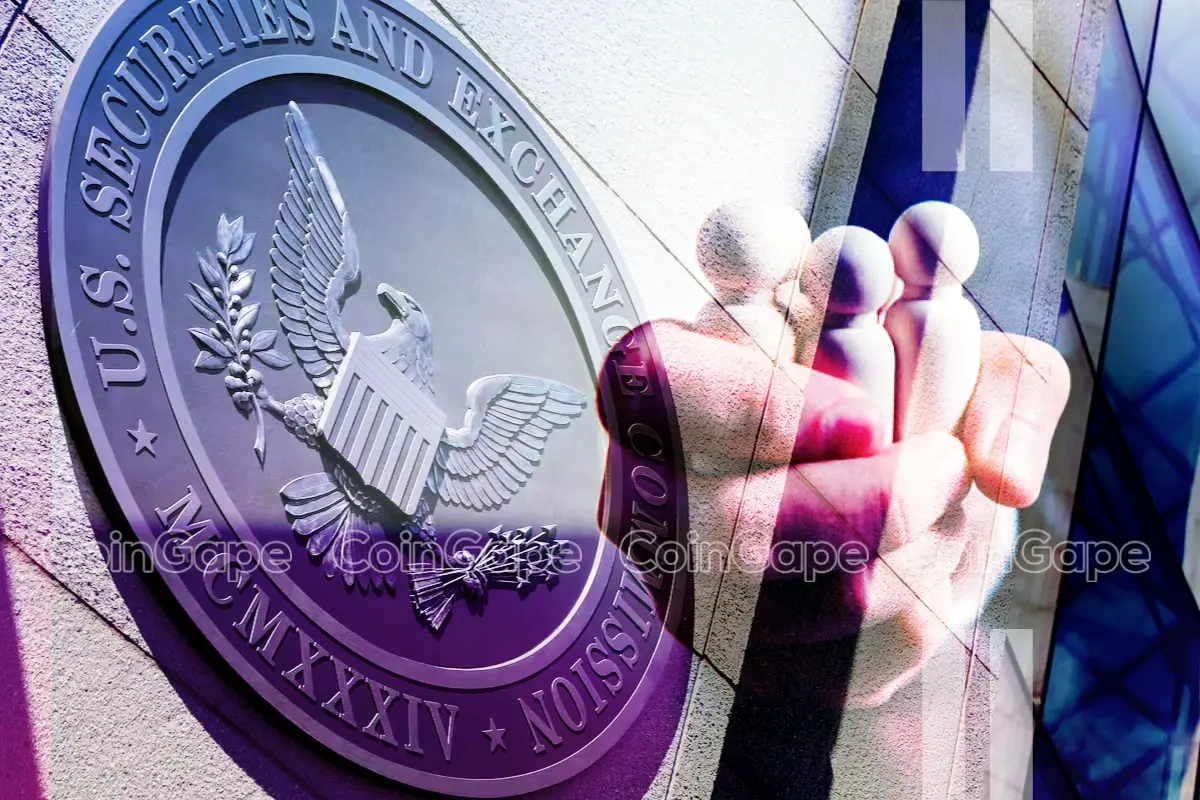
SEC Commissioner Jaime Lizárraga announced his decision to step down on January 17, 2025, as the Donald Trump administration prepares to assume office. A Democrat since 2022, Lizárraga cited personal family reasons for his departure.
Notably, His resignation will reduce the commission to one democratic commissioner, Caroline Crenshaw, and two Republican commissioners, Hester Peirce and Mark Uyeda.
US SEC Faces Leadership Shift as Commissioner Lizárraga Steps Down
According to a recent filing, SEC Commissioner Jaime Lizárraga will officially resign from the US SEC by January 17, 2025. His decision is made at the backdrop of Donald Trump preparing to take office three days later.
This also means change of guard within the commission as the current US SEC Chair Gary Gensler is expected to leave office on January 20, 2025, the Inauguration day of Trump. His resignation comes after weeks of pressure to remove him starting with Trump’s pledge to fire him.
Lizárraga, known for advancing corporate reporting on climate risk and data breaches, cited his wife’s battle with breast cancer as the reason for stepping down. He emphasized need to prioritize his family during this critical time.
Jaime Lizárraga stated,
“For the better part of this year, my wife, Kelly, has confronted serious illness with admirable courage and a strong spirit. In reflecting on the challenges that lie ahead, we have decided that it is in the best interests of our family to close this chapter in my 34-year public service journey.”
Lizárraga’s departure leaves the Securities and Exchange Commission with just one Democratic Commissioner, Caroline Crenshaw. The two remaining Republican members are Hester Peirce and Mark Uyeda. This shift will alter the commission’s political balance and spark potential challenges in advancing or overturning regulatory measures.
With a three-member commission, the commission’s quorum rules mandate full participation to adopt or amend regulations unless there is a formal recusal or disqualification.
Speculation Builds Around the Next Commission Chair
With the departure of both Chair Gary Gensler and Jaime Lizárraga, discussions about the next US SEC Chair have intensified. Names under consideration include Robert Stebbins, a partner at Willkie Farr; former Commissioner Paul Atkins; and Teresa Goody Guillén, a partner at BakerHostetler and a former litigation counsel for the commission.
The new Chair is expected to reshape the crypto regulatory landscape and other pressing financial matters. As the Trump administration ushers in new appointments, the focus will be on implementing balanced and innovation-friendly policies.
Meanwhile, the Blockchain Association has urged the incoming government to address critical issues in cryptocurrency regulation. The association outlined five major priorities for Trump administration. These include, a clear and comprehensive regulatory framework for digital assets, implementing stablecoin legislation, and ending the debanking of cryptocurrency companies.
The association also proposed the formation of a Crypto Advisory Council to enhance collaboration between regulators and stakeholders. A recent CoinGape report revealed that the crypto advisory council will help create a strategic Bitcoin reserve.
Disclaimer: The presented content may include the personal opinion of the author and is subject to market condition. Do your market research before investing in cryptocurrencies. The author or the publication does not hold any responsibility for your personal financial loss.
Regulation
US SEC Commissioner Jaime Lizárraga to resign in January


- Jaime Lizárraga will resign as SEC Commissioner on January 17, 2025.
- His departure leaves only one Democrat on the SEC amid a Republican-led shift.
- Discussions intensify over the next SEC Chair, with crypto regulation in focus.
In a significant development at the US Securities and Exchange Commission (SEC), Commissioner Jaime Lizárraga has announced that he will step down from his post on January 17, 2025.
His resignation comes shortly after SEC Chair Gary Gensler revealed plans to depart when President-elect Donald Trump is sworn into office.
Lizárraga’s decision to resign has been attributed to personal reasons, specifically his wife’s serious illness, a matter he shared with President Joe Biden.
Jaime Lizárraga, who has served as an SEC Commissioner since 2022, was appointed during the Biden administration and had a term slated to last until 2027. His departure means that the SEC will lose one of the remaining Democratic voices on the five-member commission, leaving Caroline Crenshaw as the only Democratic Commissioner.
The commission will now have three Republicans: Hester Peirce, Mark Uyeda, and the soon-to-be vacated chairmanship under Gensler.
SEC’s leadership change as Trump prepares to assume office
The timing of Lizárraga’s resignation adds to the ongoing shift in the SEC’s leadership, raising questions about the future direction of regulatory policies, especially on issues like cryptocurrency.
Under Gensler, the SEC pursued a stringent stance on crypto, but with the departure of both Gensler and Lizárraga, the upcoming administration may steer the agency in a different direction, particularly in light of Trump’s pro-crypto rhetoric.
The SEC requires only a majority of three commissioners to make decisions, so the incoming Republican majority will hold significant sway over the commission’s agenda.
Lizárraga’s departure, alongside Gensler’s exit, further intensifies the debate over the next SEC Chair. The position is crucial for setting the regulatory tone, particularly on emerging issues like cryptocurrency.
As the Trump administration prepares to fill key positions, speculation grows over potential appointees, with names such as Brian Brooks, the former CEO of Binance.US, and current Republican SEC Commissioners Hester Peirce and Mark Uyeda emerging as potential candidates for the role.
Robinhood Chief Legal Officer Dan Gallagher, who was previously considered one of the top contenders for the SEC chair, has announced his withdrawal from consideration for the role.
This shift signals a new chapter for the SEC, with potential ramifications for both financial markets and regulatory approaches under the incoming administration.
-

 Bitcoin22 hours ago
Bitcoin22 hours agoSenator’s Bold Proposal To Replenish US Reserves
-

 Market20 hours ago
Market20 hours agoCan the SAND Token Price Rally Be Sustained?
-

 Bitcoin20 hours ago
Bitcoin20 hours agoBitcoin Whales Remain Determined, $3.96 Billion Worth Of BTC Gobbled Up In 96 Hours
-

 Altcoin7 hours ago
Altcoin7 hours agoSuper Pepe Coin Whale Sells 130B PEPE, Shifts Focus To EIGEN
-

 Market19 hours ago
Market19 hours agoCantor Fitzgerald Deepens Tether Ties With 5% Stake Acquisition
-

 Market6 hours ago
Market6 hours agoHarmful Livestreams Prompt Ban Calls
-

 Bitcoin24 hours ago
Bitcoin24 hours agoAI Company Invests $10 Million In BTC Treasury
-

 Market24 hours ago
Market24 hours agoIs the XRP Price Decline Going To Continue?



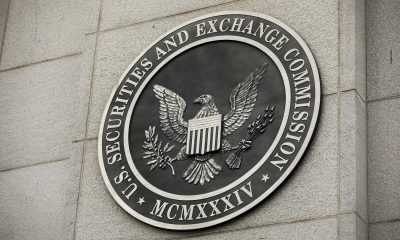


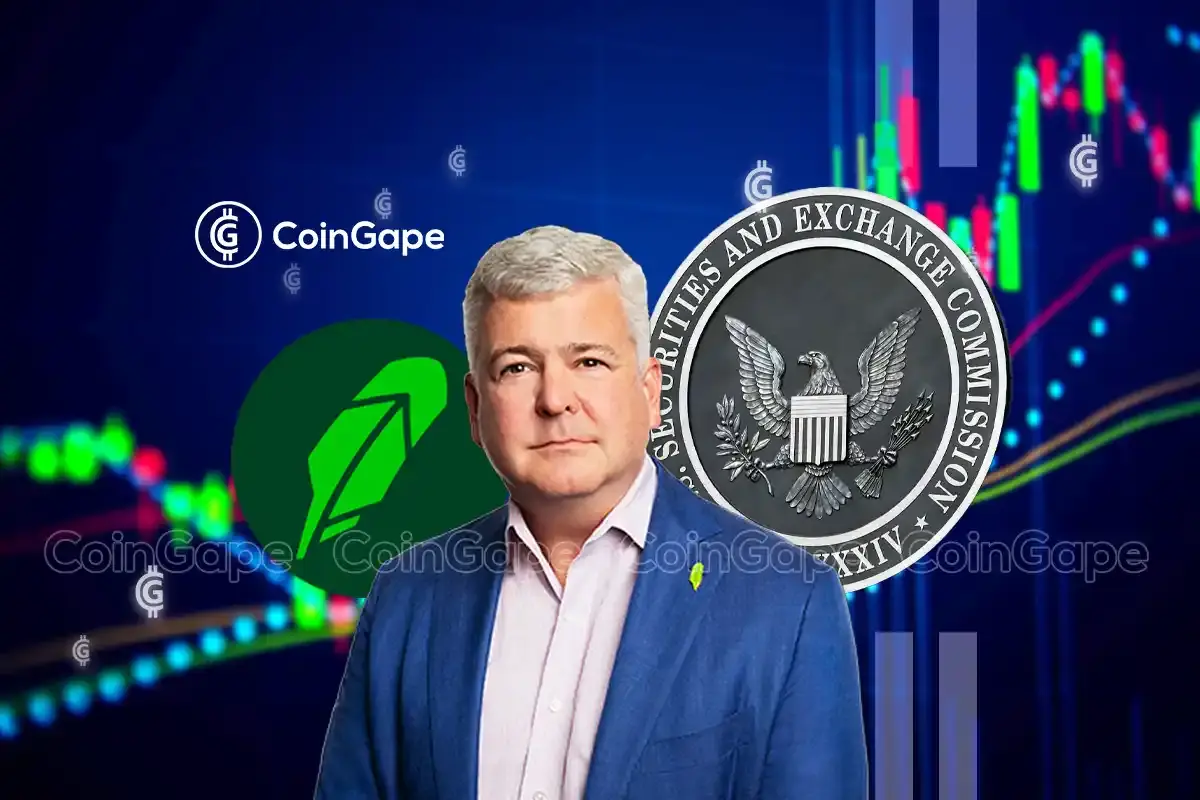


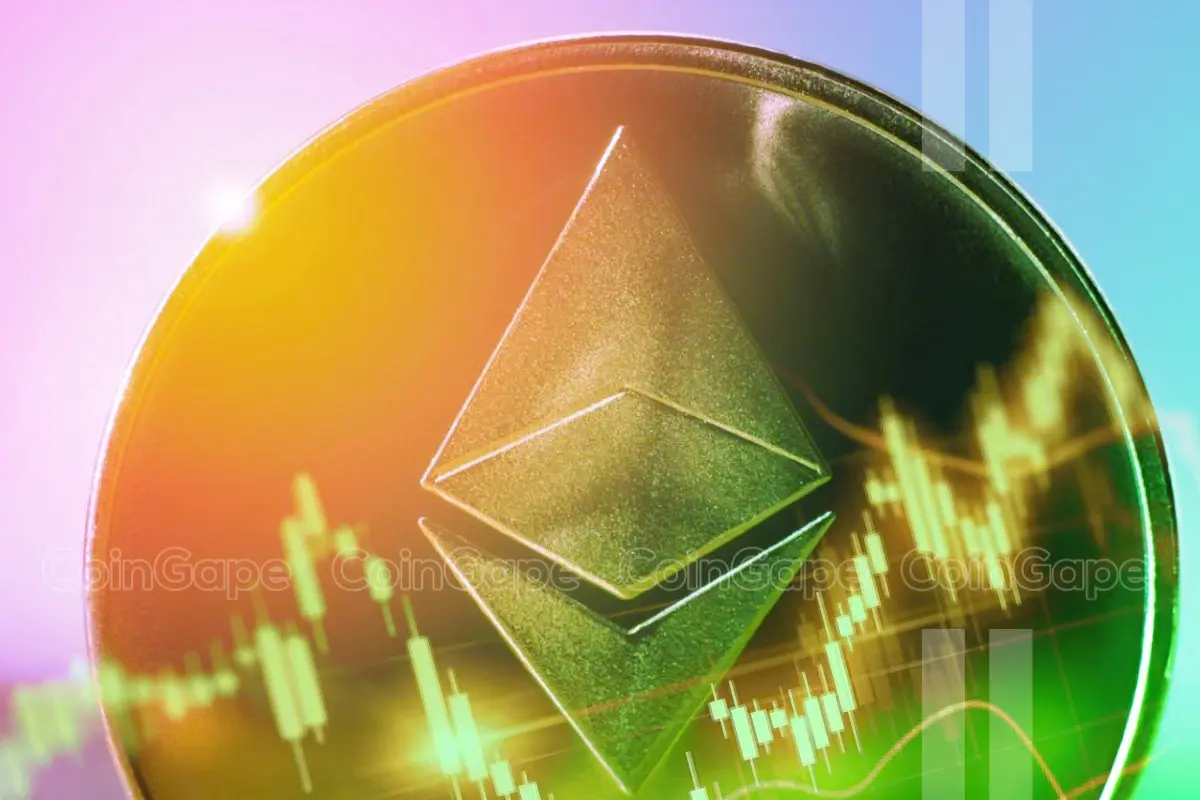

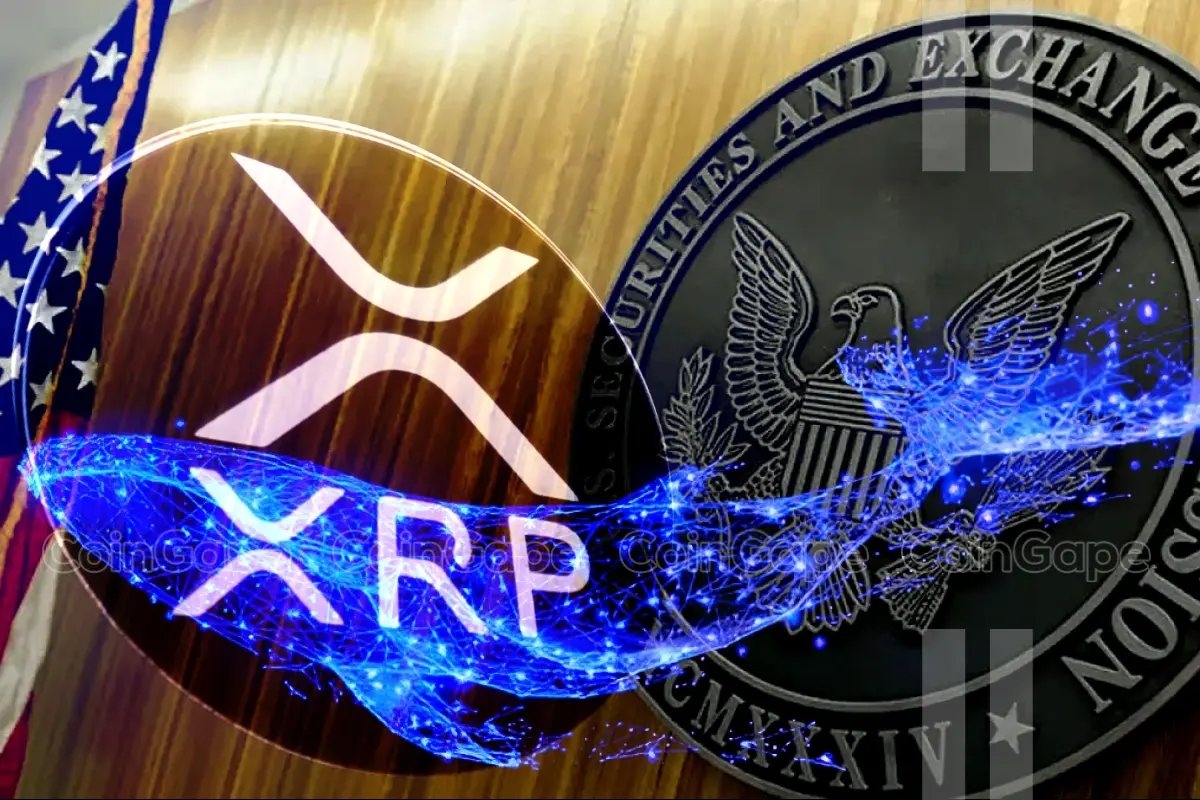







✓ Share: